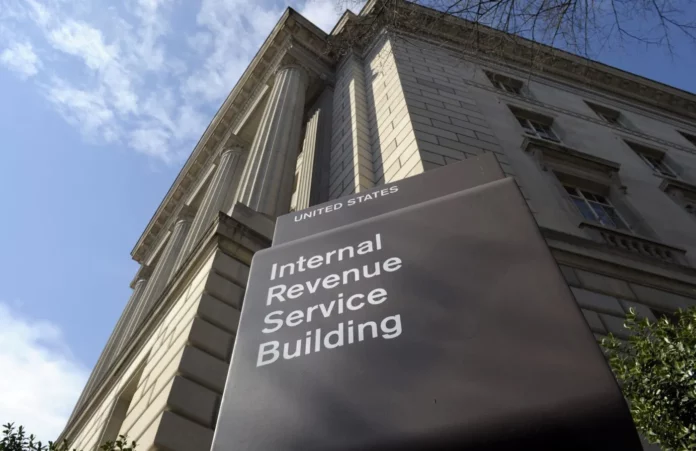In a pivotal decision, the Fourth Circuit Court has confirmed that a North Carolina man, despite filing for bankruptcy and owing federal taxes, cannot protect his house, owned jointly with his wife, from the Internal Revenue Service. The case underscores the reach of federal tax liens over state-protected marital property rights.
Legal Battle Over Property and Debt
Ronald Lee Morgan, entangled in bankruptcy proceedings, finds himself at a loss as the IRS, acting as a creditor, targets his single-family home. Although Morgan and his wife hold the property as tenants by the entirety—a status that typically shields such assets from individual creditors in North Carolina—the courts have ruled otherwise. The Fourth Circuit’s opinion stresses that a federal tax lien can attach itself to one spouse’s interest in the property, overriding state protections.
Supreme Court Precedent Plays a Key Role
The judges drew heavily from the U.S. Supreme Court’s 2002 decision in U.S. v. Craft, which dealt with a similar property held by a married couple in Michigan. This precedent established that each spouse possesses individual rights in the entirety-held property, adequate to allow federal tax liens to attach.
4th circuit IRS no sheild : The Core of Morgan’s Argument
Morgan contended that his home should be excluded under a specific federal bankruptcy law exemption, as it was held in an entirety arrangement established prior to his bankruptcy filing. However, the panel clarified that Morgan’s interpretation failed to meet the exemption’s criteria, which applies only to property interests exempt under broader nonbankruptcy laws, both state and federal.
4th circuit IRS no sheild : The Lower Courts’ Stance
Initially, the bankruptcy court denied Morgan’s claim to the exemption after the estate’s trustee argued that it did not extend to federal tax obligations. This stance was subsequently upheld by a North Carolina district court and reaffirmed by the Fourth Circuit on appeal. The appellate judges pointed out Morgan’s misinterpretation of the Supreme Court’s Craft ruling, emphasizing that the IRS’s notice of a lien was procedural and not determinative of the IRS’s rights to the property.
Implications of the Ruling
Judge Elizabeth W. Hanes noted that allowing Morgan to shield his property from IRS claims simply because he filed for bankruptcy before any IRS action would incentivize debtors to dodge federal tax obligations through bankruptcy. This ruling serves to prevent such strategic insolvency actions, underscoring the supremacy of federal tax laws over state-protected marital property rights.
Reactions to the Decision
While Morgan’s representatives have remained silent on the matter, Daniel C. Bruton of Bell Davis & Pitt, representing the trustee, expressed his agreement with the Fourth Circuit’s decision, citing the controlling influence of the Craft precedent on their judgment.
4th circuit IRS no sheild : Panel Composition
The decision was made by a distinguished panel including U.S. District Judge Elizabeth W. Hanes, along with Circuit Judges Toby J. Heytens and DeAndrea Gist Benjamin, highlighting the significant judicial experience behind the ruling.
Conclusion
The Fourth Circuit’s affirmation that federal tax obligations can penetrate the protections afforded by tenancy by the entirety in North Carolina provides a cautionary tale for debtors relying on state laws to shield property from federal reach. This case reinforces the complex interplay between state property rights and federal tax liabilities.



